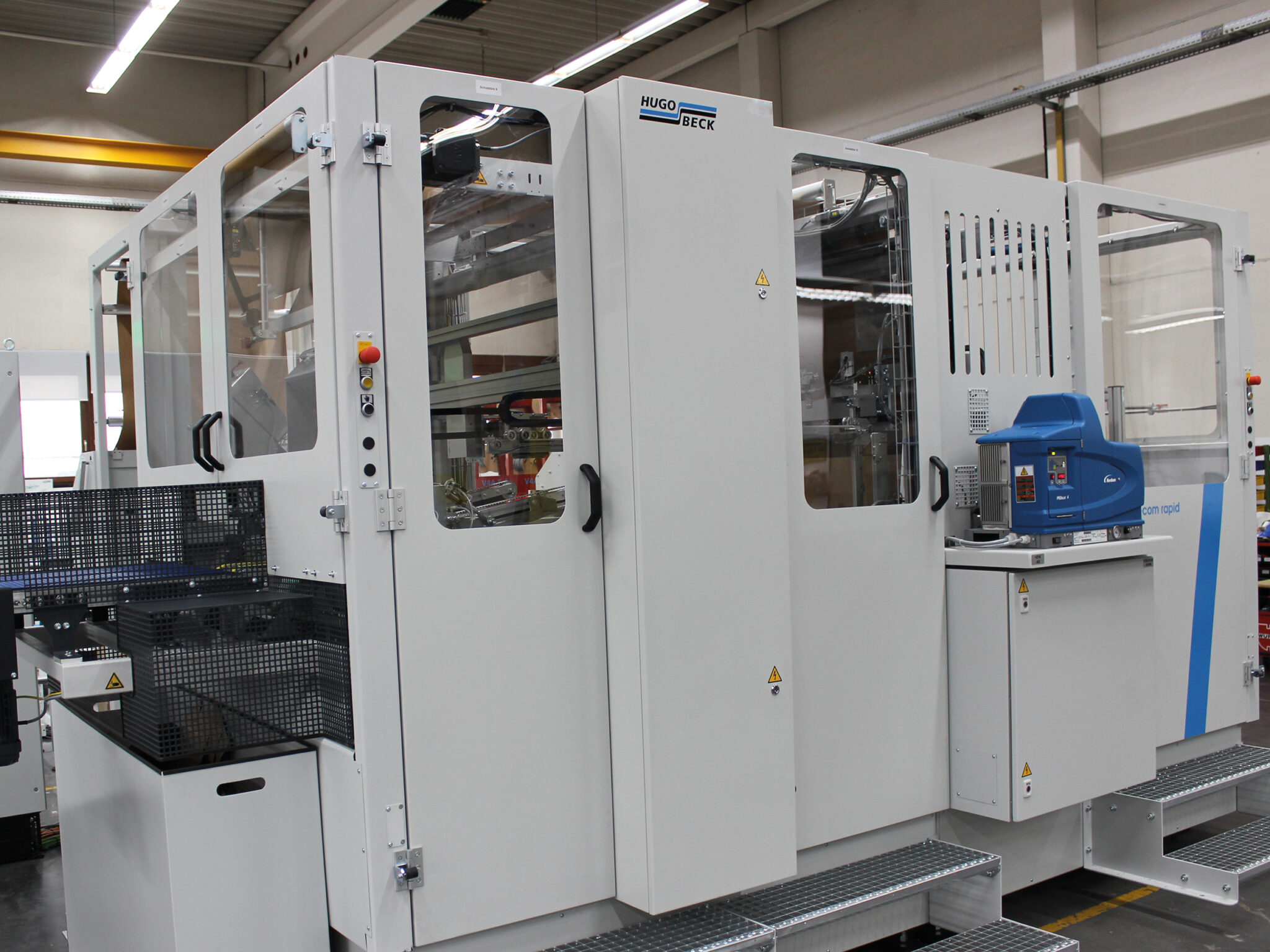Peak season 2023 was challenging for retailers. Cost of living concerns dented consumer confidence, whilst global supply chain problems led to delays and cost increases for retailers. While these issues lie outside the control of any business, continued inefficiency in last mile delivery undermined both customer experience and profitability.
According to the latest Home Delivery Consumer Sentiment Study 2024, two thirds (67%) of consumers experienced a problem with a delivery in the three month period surveyed. With 63% of those consumers responding by taking some form of action against the retailer or delivery company, or both, how are retailers gearing up for peak season 2024?
Supply chain and economic uncertainty is inevitable, affecting not only customer experience and profit margins but also key strategic objectives such as environmental commitments. The onus is on retailers to control the controllables and eradicate uncertainty from the consumer fulfilment process, especially at peak season, explains Andrew Tavener, Head of Marketing, Descartes.
No Second Chances
As the third largest market for eCommerce, UK retailers should be leading the way with highly efficient fulfilment processes and an optimised consumer experience. With an expected increase of 7.3% in 2024, the market continues to boom and ecommerce increasingly dominates retail revenue. Yet the last mile fulfilment processes continue to disappoint, especially with the timeliness of delivery: 22% of consumers report a delivery came much later than promised and 21% at a different time.
Ensuring a consistent, timely delivery experience becomes even more difficult during times of peaks in demand. Adding resources to manage the peaks is expensive and will rapidly eradicate margin during times of low utilisation. Alternatively, companies can opt to resource for the normal or average run rate and try to buy-in delivery capacity for managing peaks. Yet with workforce shortages affecting three quarters (74%) of companies, over-resourcing or scaling up on demand is easier said than done.
Furthermore, when customers’ perceptions are seriously influenced by the quality of the delivery, can retailers really afford to rely on third-party temporary resources, especially given the significant contribution to revenue provided by peak season sales? The majority (63%) of those experiencing a delivery problem respond by taking an action that has an impact on both reputation and bottom line: almost a quarter (23%) of consumers say they lost trust in the delivery company and 19% would not order from that retailer again. There is no second chance: when two thirds of customers are regularly experiencing a delivery problem, and one fifth are lost to the business, the cost of fulfilment uncertainty is extremely significant.
Levelling Out Demand
Retailers cannot afford to make delivery promises they cannot meet – and that challenge becomes even more telling at peak season. How much does it cost the retailer when a discounted Black Friday offer is delivered to the wrong address or damaged? What are the implications for the bottom line when Christmas orders finally arrive in January and are immediately returned?
The good news for retailers is that speed of delivery is becoming less important year on year: far fewer customers are prepared to pay for fast delivery, preferring a lower cost alternative. Many customers also prioritise a precise delivery window over next day options, wanting the certainty of a delivery that arrives when they are at home. There is also more interest in environmentally friendly options, especially within younger generations.
Retailers can leverage these delivery personas to flatten out demand and improve fulfilment certainty. Price conscious consumers don’t need an expensive next day delivery option, so don’t offer it. Environmentally aware individuals will respond well to delivery choices that include ‘green slots’ where deliveries are consolidated in a specific area to reduce miles travelled.
Embedding Predictability
Retailers can influence buyer behaviour by offering achievable delivery options at the Point of Sale, including dates several weeks in advance, based on real-time insight into existing commitments and delivery resources. Continually monitoring the capacity planning process, with in-bound orders constantly assessed to present consumers with a range of delivery options and prices that accurately reflect the retailer’s capacity and cost model imposes far more certainty over the entire last mile process.
With a view of the total demand and resources available across all geographic areas, a retailer can become far more sophisticated about maximising capacity and sharing resources across defined geographic regions. Adopting this approach has enabled John Lewis to increase delivery capacity by 35% without adding vehicles or drivers, and reduced fulfilment costs by £1.8 million.
More efficient distribution also enables retailers to advance sustainability objectives by default through reduced mileage. Furthermore, the ability to nudge customers towards ‘green’ delivery slots that maximise delivery density and reduce costs allows a business to reinforce Environmental Social and Governance (ESG) goals.
Boosting Confidence
Online spending will continue to grow, but a sophisticated customer base has high expectations. They want to feel confident at every step in the ecommerce transaction, especially fulfilment. By flattening out demand and eradicating false promises, intelligence led capacity management reduces the risk of delivery problems, reinforcing the quality and consistency of customer experience.
Building on this improved experience, retailers and delivery companies can avoid further consumer anxiety through improved communication at every touch point. Advance notice of the delivery window is a given, but the addition of on-going updates throughout the process will minimise the risk of missed deliveries whilst also reinforcing customer confidence. Problems happen – but keeping customers up to date in the event of accident, traffic or breakdowns will foster a far better relationship than leaving people in the dark about why delivery promises have been missed.
It’s also important to add in the strong chain of custody, especially for the more expensive goods that are often purchased during peak season. Proof of delivery, including picture and signature capture, is now a core component of a good delivery experience for high value items, and increasingly key to boosting customer confidence.
Conclusion
There are many aspects of retail operations that are outside the business’ control. Supply chain disruptions can be caused by geopolitical change, weather events, even the widespread shortage of mariners. Inflation and interest rates affect not only operational costs but customer behaviour. There are, however, significant improvements that can be made to eradicate fulfilment uncertainty and transform customer confidence.
Embedding real-time capacity planning in the ecommerce model allows retailers to eradicate uneconomic delivery slots, protecting margins. Offering only achievable, affordable delivery options based on in depth capacity information boosts delivery performance and minimise the chances of problems that can undermine customer perception, even lead to customer loss. And by mapping customer delivery personas into the delivery choices provided, with notifications of progress throughout the entire delivery process can proactively enhance customer perception. In an uncertain world, it’s time for retailers to add essential predictability to the ecommerce retail model.
similar news
Peak Season Robot Picks Surge













